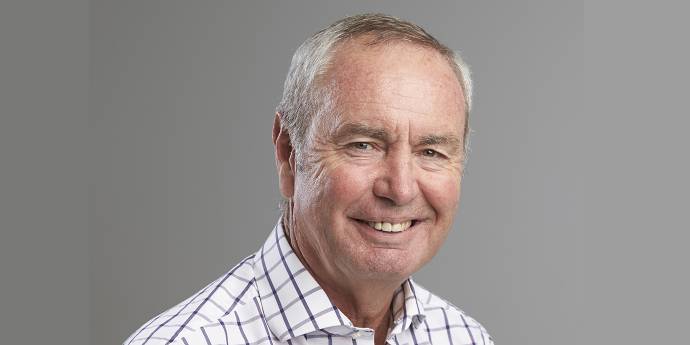What I’m reading – Stefan Speller
Director Stefan Speller shares why Patrick Lencioni’s leadership fable remains a go-to read for navigating dysfunction at the board table.

Former IoD President Alan Isaac CFInstD sits on the boards of Skellerup, Oceania Healthcare, the Scales Corporation, Wellington Free Ambulance, the NZ Community Trust and the Basin Reserve Trust, bringing his expertise in accounting, finance, risk management and commercial business to the table.
This week, the Wellington-based director tells us why a book about the accounting profession is a must read.
Bean Counters: The Triumph of the Accountants and How They Broke Capitalism by Richard Brooks has been described as a ground-breaking exposé of a profession that has lost the plot.
The book is well-researched and written, and is easy to read. It records the history of the accounting profession and focuses on the importance of the audit process and the expansion of the so-called Big Four firms.
I was interested to read it at a time when, once again, the profession of auditing is being challenged as to its effectiveness and value.
A key takeaway from the book is the importance of the auditor not only being independent but also being seen to be independent.
It reinforces the need for boards to have clear policies about what services the external auditor can provide and what services they cannot provide to best ensure auditor independence.
Having had a career with KPMG, and with the current level of debate and speculation about the future and the shape of professional services firms, I found the book informative, and particularly relevant reading for governors. – especially those involved in Audit and Risk Committees.
Generally, I read non-fiction books ranging from biographies to history books. The last few books I have read include Captured by Māori by Trevor Bentley, The Forgotten Wars by Ron Crosby, Henry Williams: Te Wiremu by Preller Geldenhuys, Red Notice and Freezing Order by Bill Browder, Partition Voices by Kavita Puri, Boys in the Boat by Daniel James Brown, and Denis Dwyer’s Billy Wallace.
I think the IoD’s top five issues for 2023 are very relevant for all governors today, and in particular, financial resilience. In these difficult economic times, understanding an organisation’s financial position and its forecast position are critical issues for boards to be considering.
I have a concern that, today, more and more often, the focus is on what a board looks like, rather than asking: does it have the right skills and experience? We need to remember that the primary obligation of directors is to act in the best interests of the organisation, not a particular stakeholder.
The transition from management roles to governance roles is often a challenge for new directors, as is the role played by elected directors (as distinct from appointed directors).
The IoD’s Code of Practice for Directors covers this nicely under the heading of 2.0 Framework – paragraph 2.2 says: “Acting in the best interests of the company, the board of directors needs to balance its accountability to shareholders and responsibility to other stakeholders with the discretions it grants to management in the day-to-day running of the company.”
If there is a book on your radar that you’d like to share, send an email to: sonia.yee@iod.org.nz